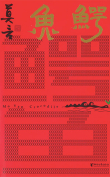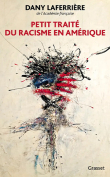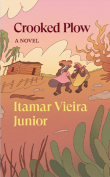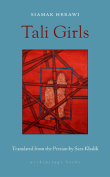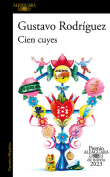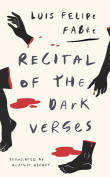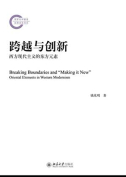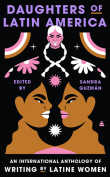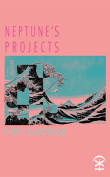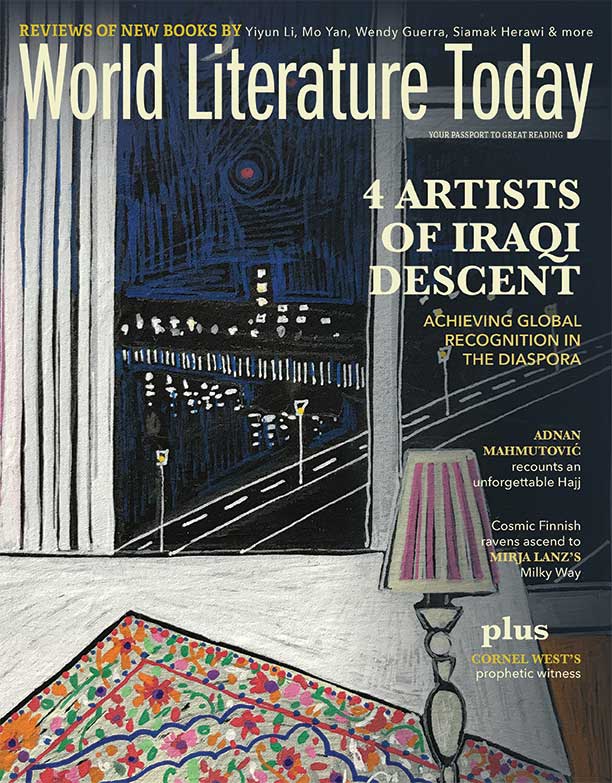Crooked Plow by Itamar Vieira Júnior
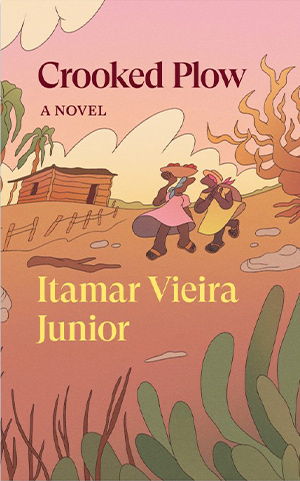 London. Verso. 2023. 276 pages.
London. Verso. 2023. 276 pages.
The award-winning Crooked Plow is a family saga set in the sertão, or backlands, of Brazil’s State of Bahia, an area that since colonial times has been home to large plantations, while its laborers have been subjected to the violence and exploitation of slavery and its enduring legacy.
The novel’s protagonists, the sisters Bibiana and Belonísia, live with their family in such a plantation, the Fazenda Água Negra, among other Black workers. They are quilombolas, or descendants of those who had built and lived in the Quilombos, the communities of enslaved people escaped from captivity, “a strong people who’d been wrested from their land, who’d crossed an ocean, who’d left their dreams behind and forged in exile a life that was new and luminous. The people who made it through, withstanding the cruelty of their treatment.”
The narrative revolves around Bibiana and Belonísia, their parents, grandmother, and a mysterious knife that changes the sisters’ lives forever. The parents enjoy some relative distinction in the community, for the father is a healer, spiritual leader, and often serves as a mediator between the plantation overseer and the workers. Nevertheless, the family lives in the same situation of de facto slavery as the others: they labor from dawn to dusk on the whites’ land, live in mud shacks, and may easily have their meager subsistence crops taken away by the bosses. Against this backdrop of abuses and injustices, the narrative highlights the redoubled oppression of women, whose imposed silence and efforts to speak out are epitomized in the horrible incident Bibiana and Belonísia survive early in the narrative.
Translated into more than ten languages, Crooked Plow has received wide acclaim, both for its poignant story of social struggles and for the empathetic depiction of the quilombolas’ lives and traditions. Also remarkable is its vivid imagery and the colorful vocabulary typical of Brazil’s Northeast. These are aptly maintained in Johnny Lorenz’s excellent translation, which employs various Portuguese words and expressions present in the original, thus avoiding unwieldy footnotes or glossaries while offering English-language readers a taste for the distinct language of the Brazilian sertão.
Cristina Pinto-Bailey
Lexington, Virginia


